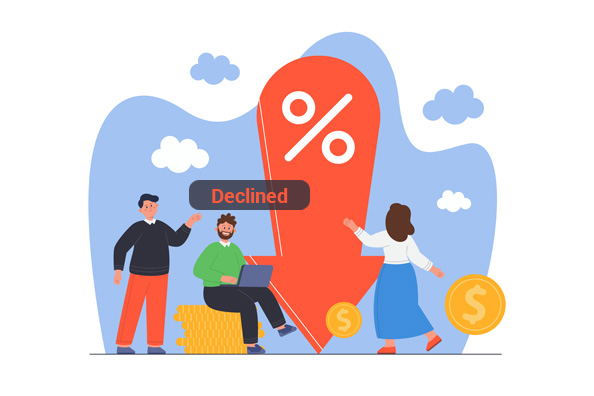
“Go through the essentials, benefits, risks, eligibility, and application process”
A home equity loan is a home mortgage finance arrangement that grants a borrower the right to use the cash value of their home. Another useful approach to enhance liquidity as well is using commercial real estate as collateral for the Home Equity loan. But, in contrast with home equity loans on the dwellings the procedure and conditions are much different here. This guide highlights the necessities, advantages, risks, translation criteria and the application process.
What is a Home Equity Loan on Commercial Property?
Home equity loans offer property owners a chance to borrow money against the value they have accrued in their home. On most commercial buildings including offices, shops, or industrial production units, this equity can be used as security to avail of a cash upfront loan to be determined from the current appraised value of the property less all other debts.
Key Features of Home Equity Loan on Commercial Property
- Fixed rates of interest (usually)
- A lump sum payment made all at once
- A loan with a duration of five to thirty years
- Utilised for significant capital investments, debt consolidation, and corporate expansion
Eligibility Criteria for a Commercial Property Equity Loan
Commercial property equity loans have different eligibility criteria compared to residential property equity loans. Here are the eligibility terms:
- Creditworthiness: Credit status is essential because lenders usually consider high levels of personal or business credit score of at least 660.
- Equity in Property: In simple terms, the more equity you have the more amount you can borrow when you take a loan.
- Income and Cash Flow: Another, important factor that is checked is a good business revenue or rental income.
- Property Appraisal: An independent appraiser will evaluate the property to know how much cash you can get from the worth of the property.
- Loan-to-Value Ratio (LTV): Commonly, LTV is restricted in the range between 60-80%, but this varies based on the property type, situated in a certain territory, and depending on the economic climate.
Application Process for a Commercial Property Equity Loan
Determine Your Equity
To determine the equity of your commercial property you need to get the difference between the current market value of the property and the total amount of any loan that might be on it.
Research Lenders
Research about lenders who specialise in loans for equity in commercial real estate. Examine the conditions, rates, and fees offered by banks, credit unions, and private lenders.
Prepare Documentation
Common documents required for a commercial property equity loan include:
- Property appraisal reports
- Documentation with business tax returns and financial statements
- Financial documents and reports of an individual credit
- Leases (if the property is being used for generating rental income)
Loan Application
Enclose the loan application, by attaching other documents that support it. Expect further questions or an inspection.
Underwriting and Approval
A lender will analyze your balance sheets, employ professionals to determine the market value of the property and establish the applicant’s ability to repay the loan. That means that the approval period can take from several weeks to a month and a half.
Closing
After that, you sign the loan agreement and the lender will let you have the money you need. Finance charges which range from 2% to 5% of the loan amount may be levied.
Interest Rates and Terms
Interest rates on commercial property loans depend on the credit rating of the borrower, the value of the commercial property and prevailing market trends. These normally offer higher rates than unsecured business loans but lower than residential home equity loans since these loans are secured. Interest varies between 5% and 12% while the repayment period stands between five and thirty years.
For investors or business owners, a home equity loan secured on commercial property can be a great financial instrument since it gives access to large sums of money at affordable interest rates. To be sure this is the best option for your needs, it's crucial to weigh the risks, such as the potential for foreclosure, and to look at other financing possibilities.








